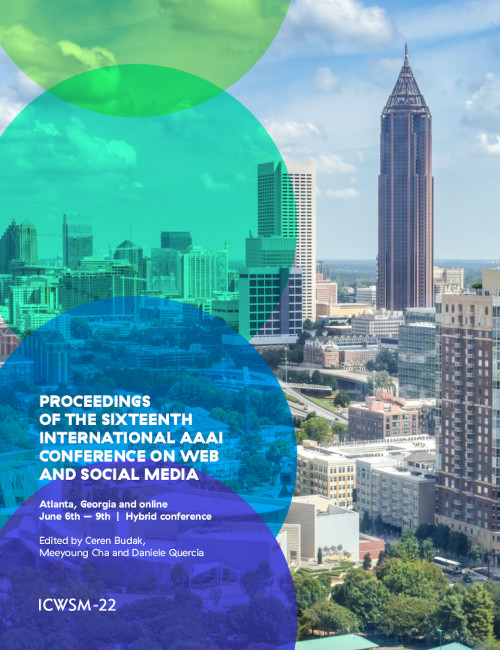Closing Pandora’s Box on Naver: Toward Ending Cyber Harassment
DOI:
https://doi.org/10.1609/icwsm.v16i1.19307Keywords:
Qualitative and quantitative studies of social media, Psychological, personality-based and ethnographic studies of social media, Organizational and group behavior mediated by social media; interpersonal communication mediated by social media, Engagement, motivations, incentives, and gamification.Abstract
In reaction to the high-profile celebrity suicides of Sulli and Goo Hara in 2019, attributed to cyberbullying, Korea's most popular internet platform Naver introduced a range of self-regulatory measures to curtail targeted hate comments online in 2020. These regulations include removing the entertainment comment section and pseudonymizing users by revealing comment history but maintaining user anonymity. To take a closer look at celebrity cyberbullying and analyze the effects of Naver's novel self-regulatory measures, we collected data about comments and emoticons from Naver News. In the celebrity space, we find that Sulli and Goo Hara indeed received negative comments and expressions using emoticons. However, our analyses of the self-regulatory measures demonstrate that while user interaction on Naver has decreased, the percentage of negative comments has also fallen, showing that Naver's regulations have had favorable effects.Downloads
Published
2022-05-31
How to Cite
Kang, N. G., Kuo, T., & Grossklags, J. (2022). Closing Pandora’s Box on Naver: Toward Ending Cyber Harassment. Proceedings of the International AAAI Conference on Web and Social Media, 16(1), 465-476. https://doi.org/10.1609/icwsm.v16i1.19307
Issue
Section
Full Papers

